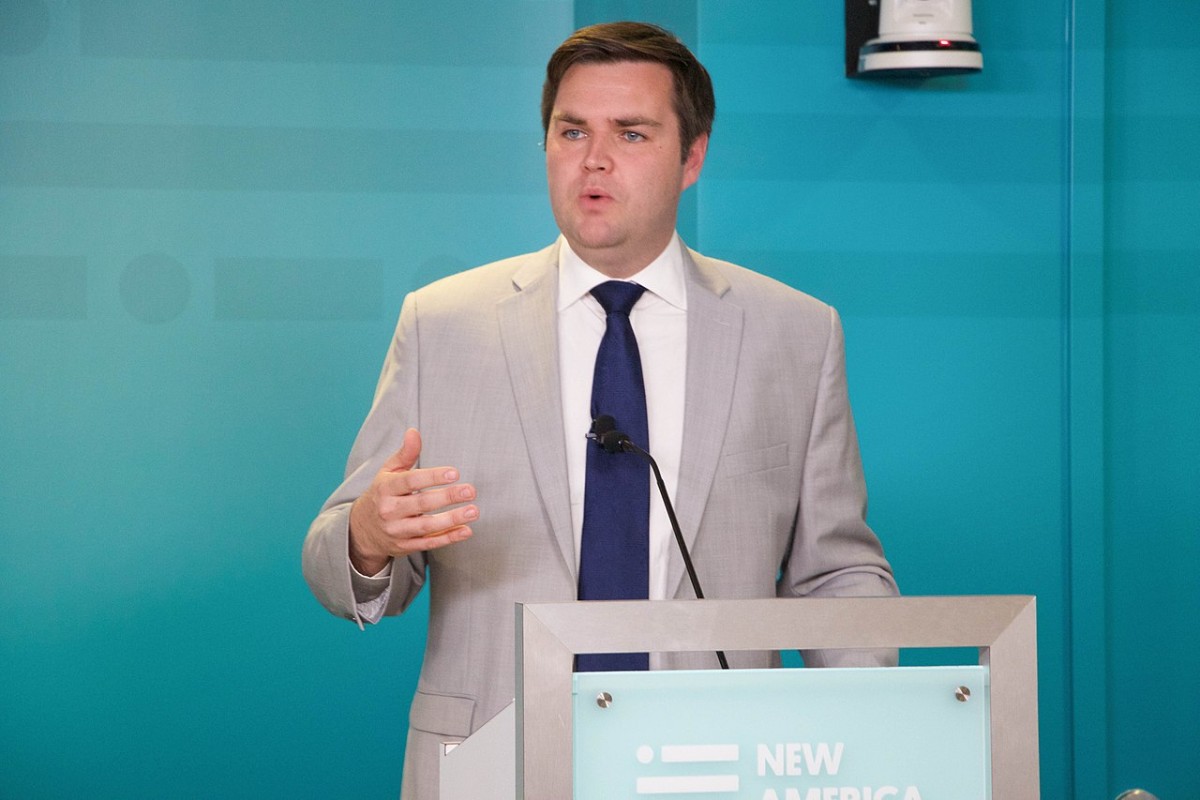This story was originally published by Mountain State Spotlight. Get stories like this delivered to your email inbox once a week; sign up for the free newsletter at https://mountainstatespotlight.org/newsletter-sign-up/.
Purdue Pharma, the bankrupt drug company that makes the opioid painkiller OxyContin, is paying its attorneys up to $1,050 per hour to block the release of court records filed in Putnam County two decades ago.
In two months, the Philadelphia-based Dechert law firm has charged the bankrupt drug maker more than $210,000 to fight a push to unseal the documents that were part of a class-action lawsuit against Purdue in 2001, bankruptcy documents show.
Dechert, an international law firm, has billed for “strategy” sessions, reviewing court files, speaking with a Charleston-based lawyer and filing a pleading that aims to keep secret some of the court records. At least seven Dechert lawyers are being paid by Purdue to prevent the blanket release of documents in the Putnam case.
Three of those lawyers charged $12,810 to watch a virtual hearing in late January that lasted two hours and 20 minutes. The attorneys said nothing during the hearing, and billed for four hours of their time. They charged another $36,935 to prepare for the hearing before Putnam Circuit Judge Phillip Stowers, according to bankruptcy records.
“It is unsurprising that Purdue Pharma would stop at nothing to silence the truth,” said Charlotte Bismuth, author of “Bad Medicine” and expert on the Purdue bankruptcy. “The amount of money dedicated to that effort, however, is absolutely shocking, especially because it is coming out of a disputed estate, with so many grieving families in need who are waiting for compensation and an opioid crisis that rages on, unabated.”
The bankruptcy court approved Purdue’s payments to Dechert.
“Purdue has been committed to transparency in its bankruptcy from the outset and has made millions of documents available to creditors,” the company said in a statement to Mountain State Spotlight. “Consistent with this commitment, the vast majority of information subject to the media organizations’ motion to unseal has now been publicly filed, with Purdue proposing only limited redactions or withholdings for privileged, commercially sensitive or personally identifiable information.”
A Dechert spokeswoman did not respond to a request for comment.
Purdue Pharma filed for bankruptcy in 2019, and the company recently pleaded guilty to federal charges over its role in sparking the opioid crisis.
In December, HBO, The Washington Post and a documentary film company asked Stowers to unseal the Purdue Pharma record from the 2001 lawsuit that accused the drug manufacturer of failing to supervise the use of its highly-addictive painkiller OxyContin. The drug often was diverted to the black market, and West Virginians overdosed and died. The case was settled for an undisclosed amount in 2007.
At the start of the case and as part of the settlement, Purdue Pharma and the lawyers representing the West Virginia families suing the drug company agreed to a “protective order,” which allowed both sides to turn over information and keep it confidential while the case was being litigated and later closed.
Purdue struck similar deals across America, essentially buying silence from the families that sued the company and ensuring information about its deceptive sales practices wasn’t made public.
In November, a federal judge approved a $8.3 billion settlement proposal between Purdue and the U.S. Justice Department. The agreement, which hasn’t been finalized, requires the company to reorganize as a “public benefit trust” that would use any profits to provide free or low-cost opioid addiction treatment and overdose-reversing drugs.
Members of the wealthy Sackler family, owners of Purdue Pharma, have agreed to pay $225 million in fines to the federal government and divest from the company. The Sacklers haven’t faced criminal charges.
Stowers has appointed Hurricane lawyer Mark Barney to review the 20-year-old court file, work with the media outlets and Purdue, and recommend what filings should be released.
Last week, a Purdue attorney sent a letter to Barney, asking that hundreds of documents in the Putnam case remain under wraps. The filings include medical records, hearing transcripts, depositions, motions to dismiss, handwritten notes from doctors, proposed judge’s orders, letters, settlement details and information about former Purdue employees. The company said it would not oppose releasing other court files.
Morgantown lawyers Pat McGinley and Suzanne Weise are representing the media companies seeking to unseal the Putnam County court records. Weise serves on the Mountain State Spotlight board of directors.
Reach reporter Eric Eyre at [email protected]
Correction: This story previously incorrectly noted the settlement amount between Purdue and the U.S. Justice Department. It is $8.3 billion.



